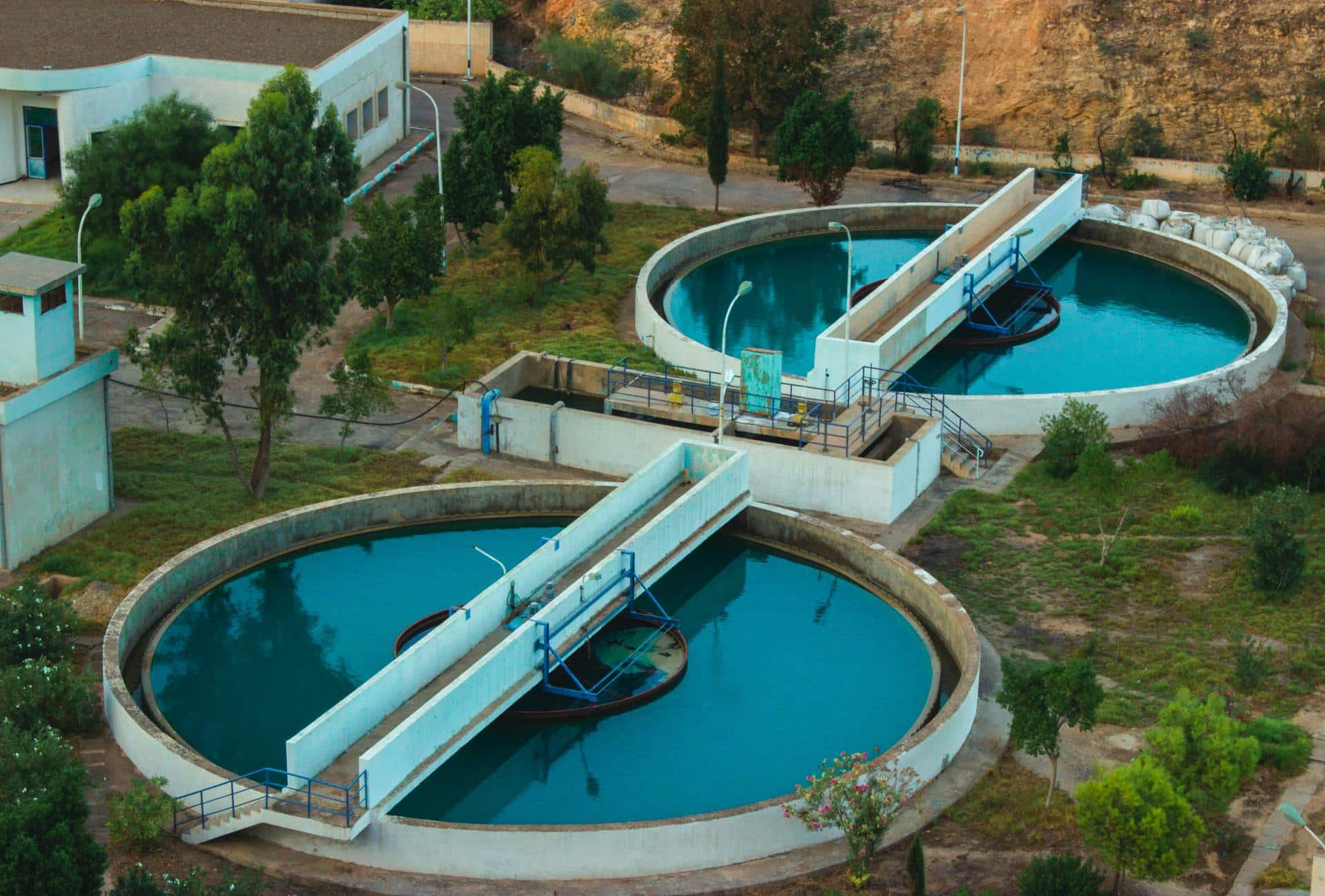Industries use water every day for cleaning, processing, cooling, or mixing products. This water carries harmful waste after use, which can damage rivers, soil, or nearby communities. Strong treatment helps protect nature, keeps workers safe, and reduces the impact of factory operations.
Many companies rely on modern systems, such as PR Water treatment systems, to handle wastewater in a responsible way. Different factories create different types of waste. Some release oily water. Others release heavy metals. A few discharge chemical fluids or strong colour pigments. Every type of wastewater needs a proper method that can remove harmful material before disposal or reuse. This article explains widely used treatment options that help clean water in industrial locations.
Physical Filtration
Physical treatment removes visible waste material from water. Screens trap large objects such as plastic pieces or cloth fibres. Special filters remove smaller particles. Heavy solids sink to the bottom of a tank during a sediment step. This early stage protects other systems from damage. Clean water moves to the next process while trapped solids go for disposal.
Common Chemical Processes
- Coagulation for pulling tiny solids into large pieces.
- Neutralisation for balancing strongly acidic or alkaline water.
- Oxidation for breaking toxic elements into safer forms.
- Disinfection for killing harmful microbes.
Biological Treatment for Organic Waste
Biological systems clean water by using natural microbes. These tiny organisms feed on organic waste from food factories, textile units, or pulp production sites. Activated sludge tanks contain rich bacteria that break down the waste. Biofilm reactors use similar microbes attached to surfaces inside treatment tanks.
These systems create cleaner water with lower chemical use. Microbes reduce smells, break down organic solids, and produce harmless by-products. This type of system suits factories that deal with biodegradable waste.
Chemical Methods for Toxic Waste
Chemical treatment helps reduce dangerous substances in wastewater. Factories use chemicals to separate toxic particles or change harmful compounds. The process neutralises acids or strong alkaline fluids. Coagulants pull small particles together until they form heavy clusters that settle easily. Disinfection kills harmful microorganisms that cause disease.
Some industries opt for solutions like PR Water treatment systems that combine chemical steps with mechanical equipment. This type of approach makes treatment quicker, improves safety, and reduces the volume of toxic slurry.
Membrane Filtration Technology
Membrane treatment uses special barriers to remove dissolved solids. Water passes through tiny membrane holes that trap contaminants. Reverse osmosis pushes water through an ultra-fine membrane that locks out salts or chemicals. Ultrafiltration holds back microorganisms plus organic particles that escape earlier steps.
Membrane systems deliver very clean water that can be returned for factory use. This reduces water demand from outside sources. Some industries save money by reusing high-quality treated water in cooling units or cleaning operations.
Thermal Processes and Evaporation
Thermal treatment uses heat to separate water from pollutants. Evaporation systems boil water inside a chamber. Steam rises, cools, then condenses into clean liquid. Pollutants stay behind as a concentrated mass. This leftover sludge gets stored or removed with proper care.
Thermal systems work well for waste streams that contain salts or substances that resist chemical treatment. The clean water collected after evaporation can serve industrial purposes. Although energy use may be higher, the method works well for tough wastewater.
Industrial wastewater needs strong treatment before release or reuse. Various systems remove solids, toxic chemicals, organic waste, or dissolved salts to protect the environment. The right treatment option helps factories reduce pollution, protect public health, and support the cleaner use of vital water resources.








